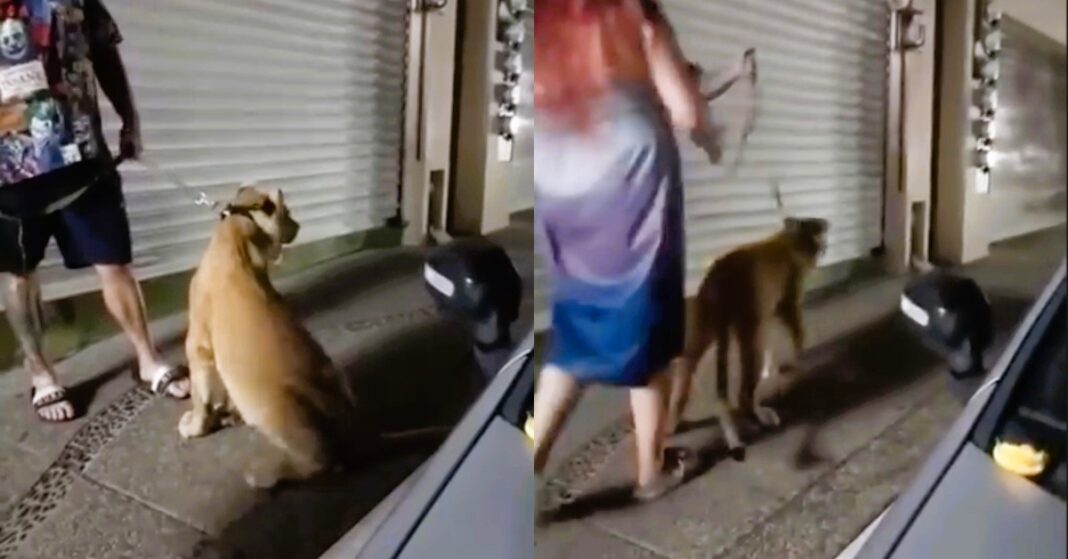Puerto Vallarta officials have confirmed the seizure of a seven-month-old lioness named Kiri Kiri, following her appearance walking on a leash through the city center—a sight that quickly went viral and triggered public alarm.
The young lioness was secured during a coordinated operation on July 17 in the Independencia neighborhood, carried out by local authorities in conjunction with multiple federal agencies. According to official statement #811, the raid took place at a residence on Josefa Ortiz de Domínguez Street.
A joint task force including the Municipal Public Security Commission, the Attorney General’s Office (FGR), the Navy (SEMAR), the Army (SEDENA), Ministerial Police, and the Federal Environmental Protection Agency (PROFEPA) executed the operation. Kiri Kiri was safely removed from the home at number 203 and taken to a secure location for medical evaluation.
Authorities emphasized that the seizure was about both public safety and animal welfare. “We acted quickly to neutralize a potential risk and ensure the lioness receives proper care,” said a spokesperson for the Municipal Public Security Commission. The operation concluded without injury, and Kiri Kiri remained calm throughout.
Witnesses described the atmosphere as tense but well-managed. “There were sirens and uniformed officers everywhere,” said one neighbor, who declined to be named. “They were clearly organized and knew exactly what they were doing.”
The rescue followed days of public concern after videos of Kiri Kiri roaming downtown Puerto Vallarta circulated online, raising serious questions about exotic animal ownership in the city.
Authorities have opened an investigation into the lioness’s owners, who were not present during the seizure. Under Mexican law, owning big cats requires federal permits and adherence to strict safety standards. It remains unclear whether the owners had the necessary authorization. No charges have been announced so far.
Kiri Kiri’s future location has not been disclosed, though PROFEPA typically transfers rescued wildlife to certified rehabilitation centers. These facilities provide medical care and, where appropriate, prepare animals for eventual release into suitable habitats.
Animal welfare advocates applauded the intervention. “This was the right call,” said Ana Torres of the Mexican Animal Rescue Network. “Wild animals like Kiri Kiri do not belong in homes or city streets. We hope this case draws more attention to the dangers of the illegal wildlife trade.”
As Puerto Vallarta navigates its dual identity as a major tourist destination and a city committed to safety and environmental stewardship, the seizure of Kiri Kiri highlights growing efforts to enforce wildlife protection laws. Locals and visitors alike are waiting to see what comes next in this extraordinary case.

